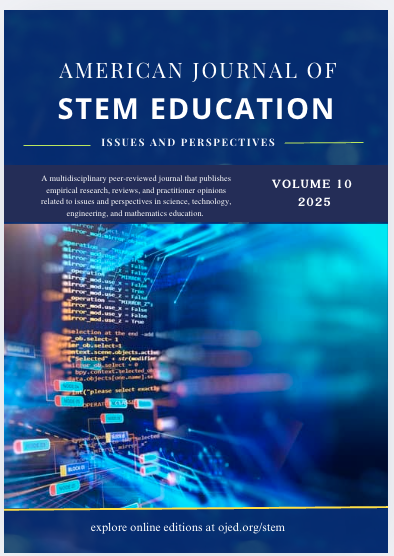Nexus between consumer ethnocentrism and purchase intentions
DOI:
https://doi.org/10.32674/Keywords:
fast moving consumer goods, consumer behavior, attitudes, brands, valuesAbstract
The purpose of this study is to analyze the impact of Consumer Ethnocentrism (CE) on the purchase intention of fast-moving consumer goods (FMCG) in Kathmandu. The study involved the administration of a structured, close-ended questionnaire to 324 FMCG consumers aged between 13 and 65. The results indicate that consumer ethnocentrism and country-of-origin information significantly affect consumers' intentions to purchase foreign FMCG products by influencing their attitudes. The analysis of the Consumer Ethnocentrism Tendencies Scale (CETSCALE) and the results of partial least squares structural equation modeling (PL-SEM) reveal that FMCG consumers in Kathmandu tend to exhibit ethnocentric tendencies, prioritizing domestically made products and being mindful of the economic implications of relying on imports. Notably, young adults, particularly those with lower income levels, hold stronger ethnocentric beliefs than others. Additionally, the study finds that FMCG consumers actively seek country-of-origin information, with females displaying a higher likelihood of seeking such details.
Downloads
Published
Issue
Section
License
Copyright (c) 2023 Interdisciplinary Journal of Innovation in Nepalese Academia

This work is licensed under a Creative Commons Attribution-NonCommercial-NoDerivatives 4.0 International License.
Upon publication articles are immediately and freely available to anyone, anywhere, at any time. All published articles are licensed under a Creative Commons Attribution-NonCommercial-NoDerivs 4.0 Unported License. All articles are permanently available online. The final version of articles may be posted to an institutional repository or to the author's own website as long as the article includes a link back to the original article posted on OJED.






